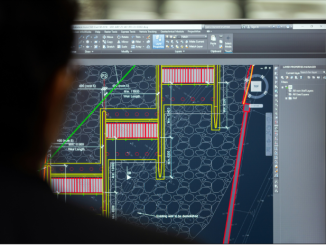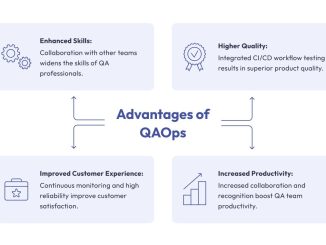Software Testing Articles: Load Testing, Unit Testing, Functional Testing, Performance Testing, Agile Testing, DevOps
Beta testing is a well-known term within DevOps circles. In the majority of cases, this type of examination represents the final stage of a website before it goes live. Anyone who is even mildly familiar with the principles associated with beta testing will normally cite its importance in relation to site functionality.
Software is playing an increasingly larger part in our life. In 2024, software testing is seeing many changes take place. It’s all rather inevitable, with new trends coming along and technology continuing to evolve.
In today’s changing world the significance of testing software cannot be emphasized enough. Ensuring that software functions smoothly is vital for keeping users happy and achieving business goals. The rise of intelligence (AI) and machine learning (ML) has brought about a transformation in the field of software testing.
Many companies adhere to an old approach of keeping the software testing team separate from the development process. They involve the testing team only when the code is accessible in the testing environment. It leads to significant bottlenecks that can negatively impact the project’s quality and delay the release.
Integrating a CRM tool into your enterprise will change everything. This way, you’ll get far more actual insight into the behavior of your customers when using your platform and interacting with your various systems. The problem with this, however, lies in the fact that your CRM needs to be integrated with each of these tools and a system as a whole.
In DevOps, the rush to deploy code quickly and efficiently can cause security concerns to be relegated to the bottom of the list of priorities. This oversight can lead to serious vulnerabilities that expose your systems and data to various threats.
In today’s fast-paced and competitive business environment, software testing has become a critical aspect of software development. With the increasing complexity of software systems, traditional testing methods are often insufficient to ensure the quality and reliability of the software.








